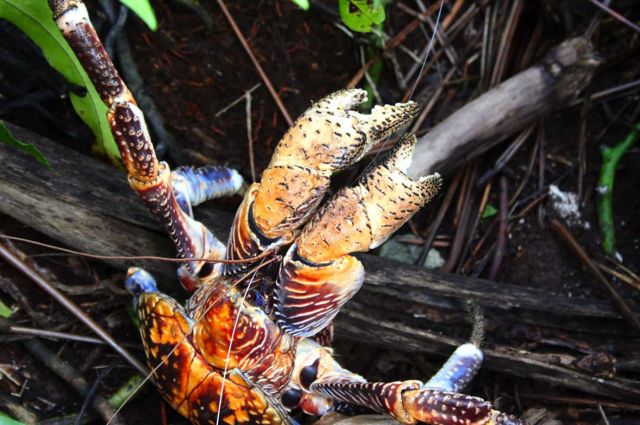Catastrophic Animal Loss
A UCSB scientist and colleagues warn that widespread contraction of the planet’s animal life could have harmful effects on human well-being.

The Earth’s current biodiversity — the product of 3.5 billion years of evolutionary trial and error — is vital to sustaining human life. This rich accumulation has reached a tipping point and is now shrinking rapidly.
New research conducted by an international team of scientists that includes UC Santa Barbara’s Hillary Young strongly suggests that human activity is driving the rapid loss and decline of animal life at such magnitude that we are likely in the early days of the planet’s sixth mass biological extinction event. The findings, which appear in the latest issue of the journal Science, demonstrate that since 1500, more than 320 terrestrial vertebrates have become extinct. Perhaps more important, it shows that populations of all the remaining species are experiencing a 25 percent average decline in abundance.
“This pattern of loss appears to be pervasive across the animal kingdom, including those less charismatic but critically important groups, the invertebrates,” said Young, an assistant professor in UCSB’s Department of Ecology, Evolution and Marine Biology. “In the same period, the populations of invertebrate animals — the beetles, butterflies, spiders and worms that drive so many of the basic functions of our planet— have decreased by 45 percent.”